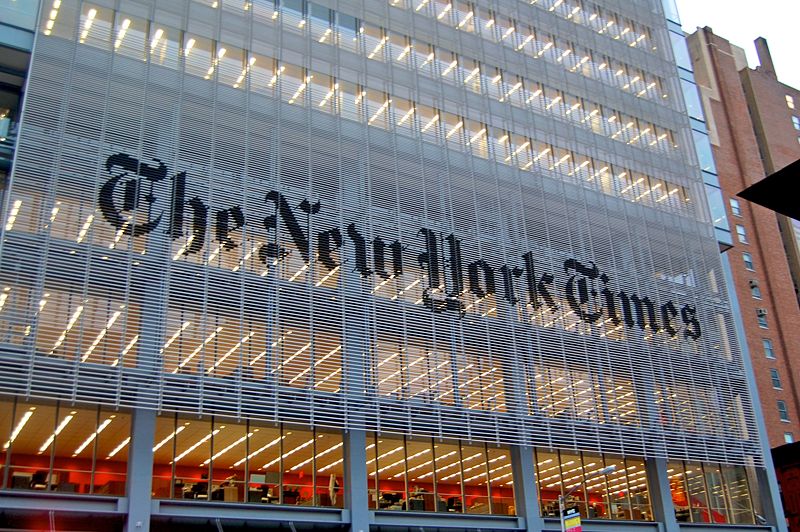The latest from Richmond Times-Dispatch columnist A. Barton Hinkle asks why media corporations are exempt from campaign finance laws (‘Why exempt the media?’ June 13). It’s worth reading.
The exception amounts to a confession of what those who condemn the influence of money in politics deny: that campaign-finance laws infringe on freedom of speech and the press. After all: If they did not do so, then there would be no need for an exception. Proposals to amend the Constitution to overthrow Citizens United also contain specific exceptions for the media.
The question is: why?
The traditional answer is unpersuasive, Hinkle explains:
The New York Times has an answer: Because we’re special. “It is not the corporate structure of media companies that makes them deserving of constitutional protection,” the newspaper proclaimed in a 2012 editorial. “It is their function — the vital role that the press plays in American democracy — that sets them apart.” Unlike dirty little interest groups and super PACs, the media are the lofty facilitators of a grand national conversation. They are, as the High Court said in New York Times v. Sullivan, the embodiment of America’s “profound national commitment to the principle that debate on public issues should be uninhibited, robust and wide-open.”
This was always a bad argument – you are not granted special rights because you believe your speech is more important than others’ – and it has gotten worse and worse as developments in technology and culture have changed the face of media. Americans’ trust in mass media is at an all-time low, and the proliferation of blogs and citizen journalists has driven home the point that everyone needs – and is entitled to – the First Amendment’s press protections.
Hinkle makes this point by comparing The New York Times’ reporting on Republican presidential candidate Marco Rubio’s personal finances and traffic tickets to the work of an opposition research firm. Are they really any different? If not, why should one get to speak more freely than the other?
Nobody has been able to articulate a logically coherent reason to explain why some corporations should be allowed to spread information about a candidate while others cannot.
If campaign-finance reformers want to stop corporation electioneering communications, then they should start with the biggest incorporated communicators of all: the media. Force them to stop making endorsements, disclose their subscriber lists, file reports with the FEC — the whole lot. If they aren’t willing to do that (and let’s hope they aren’t) then they should leave everyone else alone.
Here here. Pots shouldn’t call kettles black, and media corporations shouldn’t condemn organizations that talk about candidates and issues of public importance.














